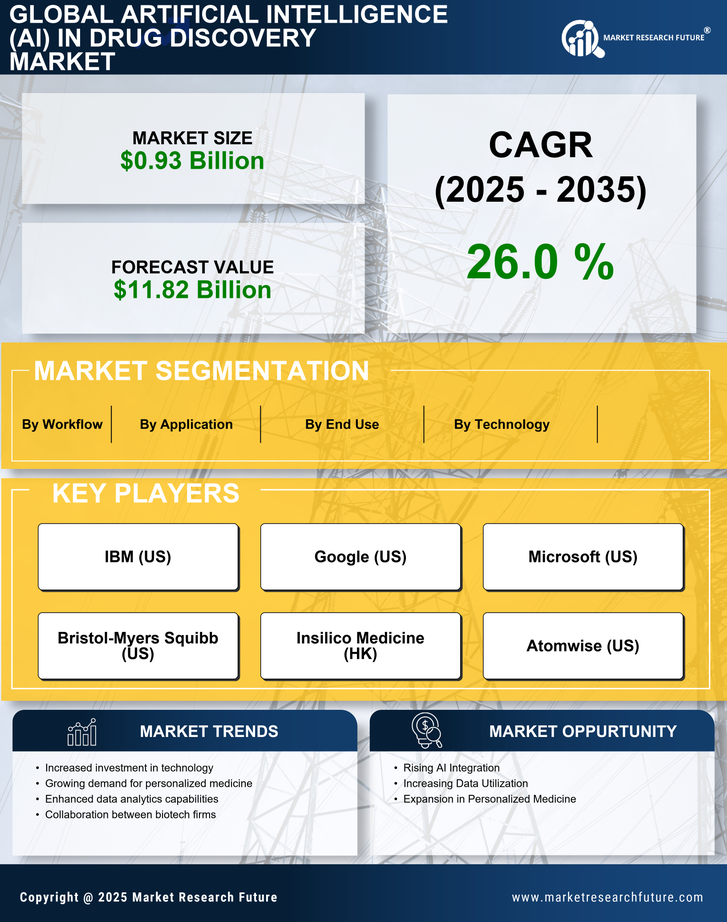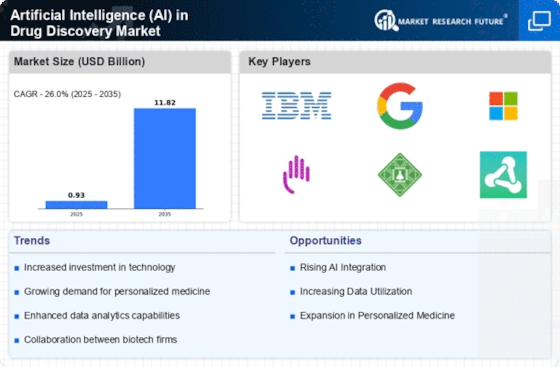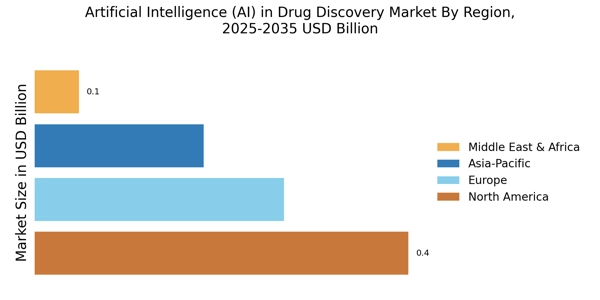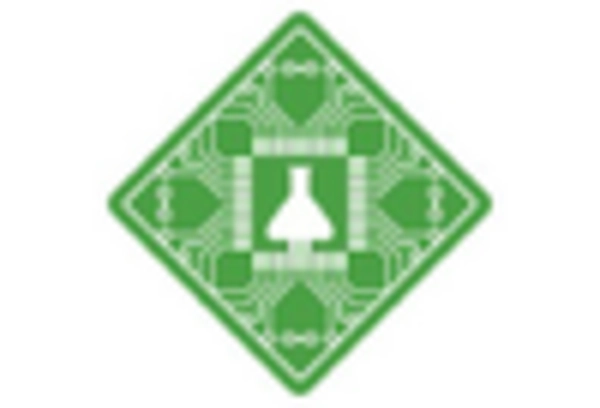Research Methodology on AI in Drug Discovery Market
1. Introduction
The published research report aims to explore the prospects of Artificial Intelligence (AI) in Drug Discovery and Development processes. AI has revolutionized numerous sectors, and Drug Discovery and Development is no exception. AI has the potential to make Drug Discovery and Development processes faster, more accurate and more predictable. This is the main motivation of this research to explore the valuable opportunities and challenges arising from the use of AI technologies in Drug Discovery and Development processes.
For the application of AI in Drug Discovery, the research explores two tools: Monte-Carlo Simulations and Machine Learning. Therefore, the research seeks to gain an in-depth understanding of the AI Drug Discovery and Development market and provide insights into the strategies used by the leading players.
2. Research Objectives
- To assess the rate of AI-enabled drug discovery and development activities
- To provide an in-depth analysis of the AI-driven drug discovery and development market.
- To identify the drivers and restraints that have an impact on AI-driven drug discovery and development activities.
- To predict the future of the AI-driven Drug Discovery and Development industry
- To assess the opportunities and challenges associated with AI-enabled drug discovery and development processes
- To provide insights into the strategies adopted by the leading players in the AI Drug Discovery and Development market
3. Data Sources
The primary data sources for this research are the annual reports of the leading players in the AI Drug Discovery and Development market and other related reports from various organizations, including the World Health Organization (WHO), the US Food and Drug Administration (FDA), the European Medicines Agency (EMA) etc. Secondary data sources include published books, journals, online articles, and reports on AI Drug Discovery and Development. The data sources are selected in order to provide the most accurate and up-to-date information.
4. Research Methodologies
The research follows a qualitative approach using a combination of desk research and secondary data collection. Desk research involves the collection of data from published reports, experts, books, journals and online sources. The secondary data used in the research is further analyzed and interpreted by the experts in order to identify trends and patterns in the dataset.
The research methodology includes three main phases:
Phase 1: Identification of AI-driven drugs and drug discovery opportunities.
Phase 2: Assessing the drivers and restraints of the AI-driven Drug Discovery and Development industry.
Phase 3: Analysis of the strategies adopted by the leading players in the AI Drug Discovery and Development market.
5. Data Analysis Techniques
In order to analyze the collected data, various quantitative and qualitative data analysis techniques are used. Qualitative data analysis involves the use of Interviews and Focus Group Discussions with experts in the field of AI Drug Discovery and Development, as well as with representatives from the leading players in the market. Quantitative data analysis involves the use of SPSS software to analyse the collected data and generate insights into the trends and patterns in the dataset.
6. Validity and Reliability
The data gathered through this research is validated and cross-checked through telephone/video interviews with experts in the AI Drug Discovery and Development market and with representatives from the leading players in the industry. The data is also verified through the primary and secondary sources used in the research. This ensures the accuracy and reliability of the data and results.


















